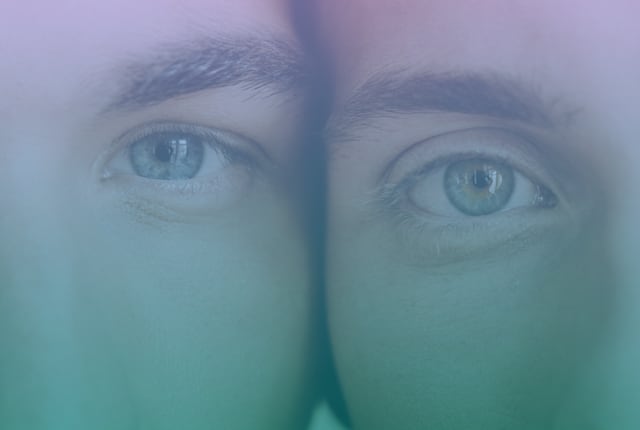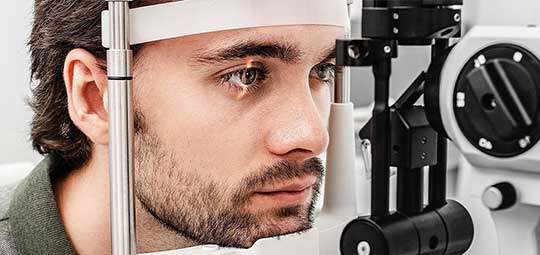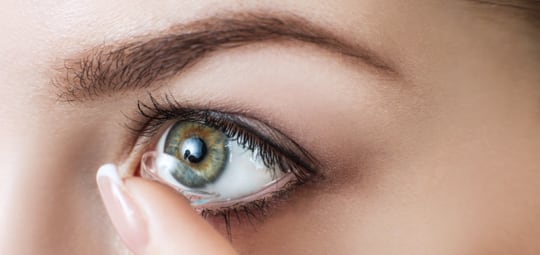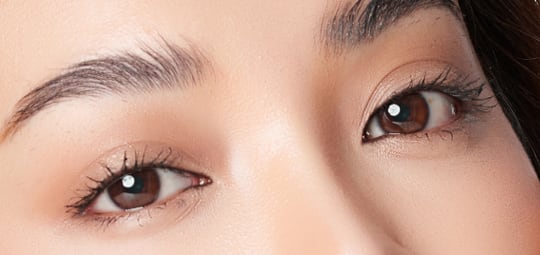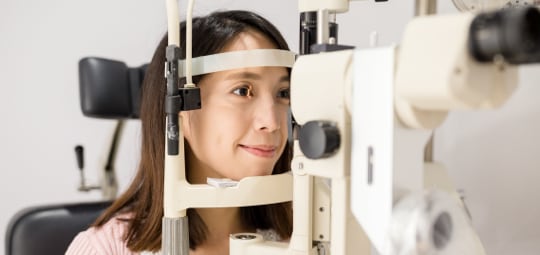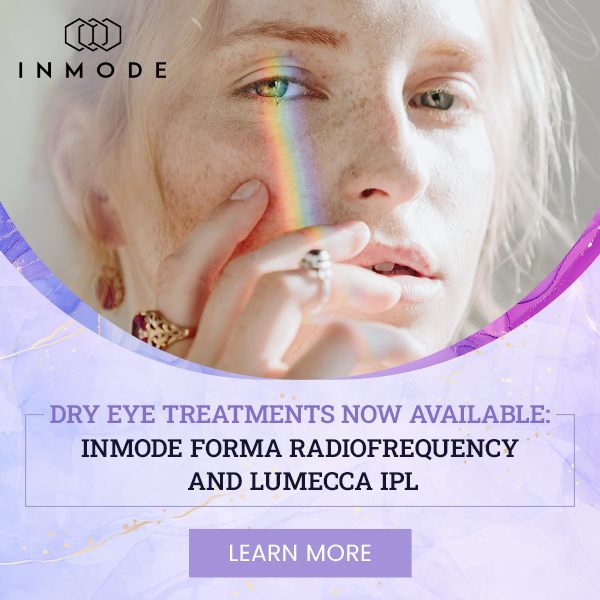Keep an Eye on Your Health
Eye disease can come in many forms and sometimes without symptoms. That’s why keeping up with comprehensive eye exams is essential for your overall health. Eye exams can help us diagnose eye diseases and conditions in their early stages, allowing us to begin building a personalized treatment plan that works for you.
For adults who are dealing with high myopia, the risks are higher for developing eye diseases such as glaucoma, macular degeneration, and retinal detachments. Our eye disease diagnosis and management services take everything into account when preparing a treatment plan.
Your eyes are an important part of your overall health. Visit us today for a comprehensive eye exam. We look forward to helping you understand your vision health.

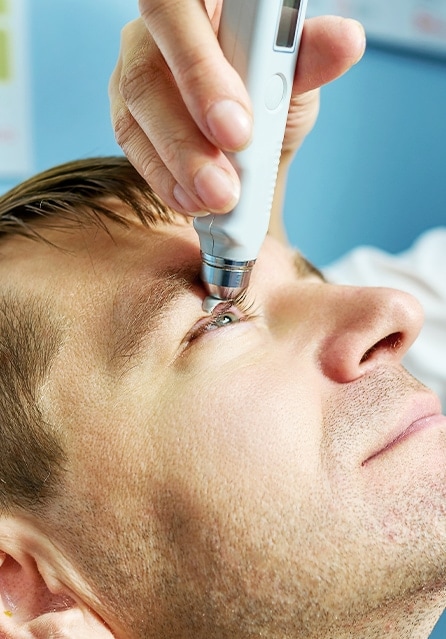
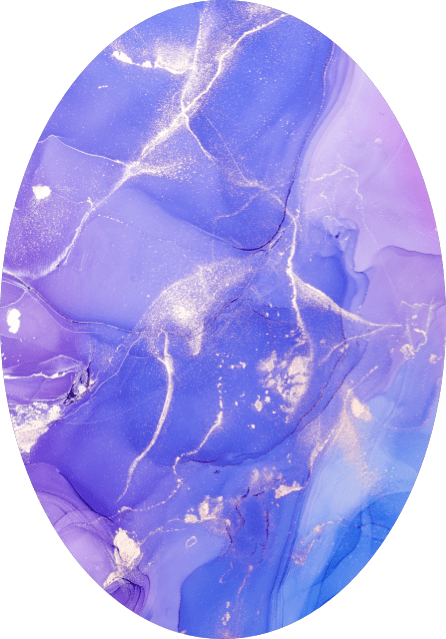
Early Detection for Early Treatment
Early detection of eye diseases and conditions through an eye exam also means early treatment. Finding a treatment early for an eye disease or condition can help to preserve your long-term vision.
It is also important to attend your regular eye exams, as many eye diseases don’t show symptoms in their beginning stages, and your doctor may detect a vision problem before you even know about it.

Eye Diseases & Conditions
There are several eye diseases and conditions. Here are a few common ones that we look for during comprehensive eye exams.
Myopia can affect everyone—it doesn’t just apply to children. Young adults in school are having a more challenging time managing myopia, and this can lead to a higher risk of developing eye diseases such as glaucoma and macular degeneration.
We offer comprehensive myopia control solutions for all ages and want to help students care for their vision.
Diabetic retinopathy is a condition that can affect those with diabetes in which damage occurs to the blood vessels in the retina. It may be characterized by blurry vision, eye floaters, or even vision loss and can be diagnosed through a diabetic eye exam.
There are treatment options for diabetic retinopathy, including injections, laser treatment, and surgery.
Glaucoma is a chronic, progressive group of eye conditions caused by damage to the optic nerve, which is responsible for sending visual information to your brain. Damage to the optic nerve can lead to vision loss and blindness if not detected and treated early. However, glaucoma often shows no early symptoms, making it important to attend comprehensive eye exams regularly.
Damage from glaucoma can be caused by abnormally high pressure in the eye, referred to as intraocular pressure. Treatments for glaucoma can include eye drops, laser treatment, medication, and surgery.
Cataracts occur when the lens of the eye becomes cloudy and difficult to see through. In addition to cloudiness, you may also have halo vision and sensitivity to light. Cataracts progress slowly over time and may not present symptoms until later in life.
If cataracts progress to an advanced stage and prevent you from going about your daily activities, such as reading or driving, you may benefit from cataract surgery.
Age-related macular degeneration (AMD) is caused by damage to the macula over time. The macula is responsible for sharp, central vision, so when this becomes damaged, central vision can become blurred, and with progression, vision can become wavy.
There are two types of AMD: dry and wet. Dry AMD is the more common form and occurs when the macula thins over time, and wet AMD is the less common, faster-progressing form and occurs when blood vessels grow and damage the macula.
Treatment for AMD depends on the type of AMD affecting your eyes.

Our Diagnostic Technology
During an exam, diagnostic devices are used to assess the parts of the eye and identify if there are any underlying problems. We use various diagnostic technologies to help provide our patients with comprehensive care.
Retinal imaging involves taking pictures of the retina to diagnose conditions such as diabetic retinopathy and AMD. The OptosAdvance retinal imaging device we use can store images for comparison, so we can fully examine and track your eye health.
The MYAH axial length device allows our team to monitor the progression of myopia and compare measurements with the growth curves for axial length. The device also allows us to screen for keratoconus and includes a comprehensive suite for dry eye assessment. The Topcon MYAH also features testing for corneal topography and corneal aberration.
Corneal topography helps our team create a digital map of the front surface of your eye to evaluate your corneal health. This testing allows our team to fit your contact lenses safely, and it can also help us check for signs of eye diseases such as cataracts.
Visual field testing is used to detect visual field loss due to various ocular and systemic conditions. The test involves focusing on a central point while a device emits flashing lights. Patients respond when spotting lights in their visual field.
A visual field test is commonly used to detect and monitor eye diseases affecting peripheral (side) vision, such as glaucoma.
We’re Here to Care For Your Vision
You can be affected by eye diseases and conditions throughout your life, and we’re here to provide you with quality and compassionate vision care to help you manage symptoms. We aim to preserve your long-term visual health through early detection and treatment.
Book an eye exam and check up on your eye health today.

Why Us?

Our Location

Visit Us
Located directly on the northwest corner of Yonge & College in downtown Toronto, a short walk from the College St. TTC station.
- Phone: (647) 748-3937
- Email: [email protected]
- 6 College Street
- Toronto, ON M5G 1K3
Hours of Operation
- Monday: 9:00 AM – 6:00 PM
- Tuesday: 9:00 AM – 6:00 PM
- Wednesday: 9:00 AM – 6:00 PM
- Thursday: 9:00 AM – 6:00 PM
- Friday: 9:00 AM – 5:00 PM
- Saturday: Closed
- Sunday: Closed




